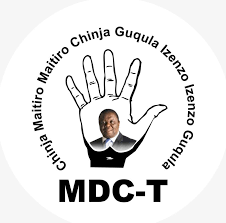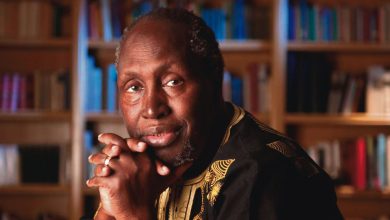MDC Never Won the 2008 Elections: A Closer Look at Zimbabwe’s 2008 Presidential Race

In the aftermath of the 2008 presidential election, the opposition Movement for Democratic Change (MDC) led by Morgan Tsvangirai continues to propagate the narrative that they won the first round but were unfairly denied the chance to govern. However, a closer examination of the facts, electoral laws, and historical context reveals a different story. The claim that MDC won the 2008 elections is not supported by the legal and procedural standards established by Zimbabwe’s Electoral Act and is clouded by claims of manipulated results without sufficient evidence. Here’s a deeper look at why the MDC’s narrative of victory is flawed.
Electoral Process: Legal Framework for Winning the Presidency
In Zimbabwe, according to the Electoral Act, a candidate must receive 50%+1 vote of the total valid votes cast in the first round to win the presidency outright. Morgan Tsvangirai, despite securing a significant portion of the vote, fell short of this crucial threshold in the 2008 election. Official results indicated that Tsvangirai received 47.9% of the vote, while Robert Mugabe garnered 43.2%. This failure to surpass the 50%+1 threshold necessitated a runoff election between the two top candidates, as stipulated by the law.
The assertion that Tsvangirai “won” the election is based on the belief that his vote share was much higher, but no concrete evidence has been presented to prove this. In fact, the final tally, after the necessary checks and balances, showed a gap too wide for Tsvangirai to claim an outright victory in the first round.
Allegations of Electoral Fraud: Scrutinizing the Claims
MDC has long claimed that the delay in releasing the first-round results, coupled with allegations of voter manipulation and rigging, suggests foul play. However, these claims lack verifiable evidence. Election observers, including those from the Southern African Development Community (SADC) and the African Union (AU), did not indicate any widespread fraud that would have altered the outcome of the election.
Furthermore, Zimbabwe’s Electoral Commission conducted the necessary audits and addressed concerns, but opposition claims remained unsubstantiated. The delay in announcing results, while frustrating, was not unusual in such a high-stakes election.
The Runoff: Violence and Withdrawal of MDC
After the first round, the MDC led by Tsvangirai refused to participate in the runoff due to escalating violence and intimidation, mainly attributed to both MDC & ZANU-PF supporters. Tsvangirai’s withdrawal from the race, however, should not be seen as an admission of victory but rather a tactical decision influenced by a volatile political environment.
While it is true that there were reports of violence, they were not one-sided. Both MDC and ZANU-PF supporters faced challenges, but the decision to withdraw undermined the democratic process. The runoff election, though marred by political instability, was an opportunity to resolve the leadership question, and Mugabe ultimately prevailed without opposition.
The Government of National Unity: Recognition of Political Reality
In the wake of the 2008 election crisis, Zimbabwe entered a Government of National Unity (GNU) in 2009, with Tsvangirai assuming the role of Prime Minister while Mugabe remained president. This power-sharing arrangement was the result of negotiations and a recognition of the need for national reconciliation rather than a recognition of Tsvangirai’s supposed victory.
The GNU helped stabilize the country and provided an avenue for all political parties to work together for the nation’s recovery. While the MDC claims the GNU was an acknowledgment of their victory, it is, in fact, a reflection of political compromise aimed at restoring peace and resolving the electoral impasse.
Conclusion: No Evidence of MDC Victory in 2008
Despite the claims of the MDC, the 2008 election was not won by Tsvangirai in the first round. The electoral process followed the law, and while the violence and instability in the aftermath of the first round were tragic, they do not substantiate the narrative of a stolen election. The MDC’s claims of winning are not supported by the legal framework, official results, or independent observation.
While Zimbabwe continues to move forward, it is crucial to recognize the facts of the 2008 election, and dismiss narratives that seek to distort history. The country’s democratic processes and rule of law remain fundamental in ensuring fair and free elections in the future.




